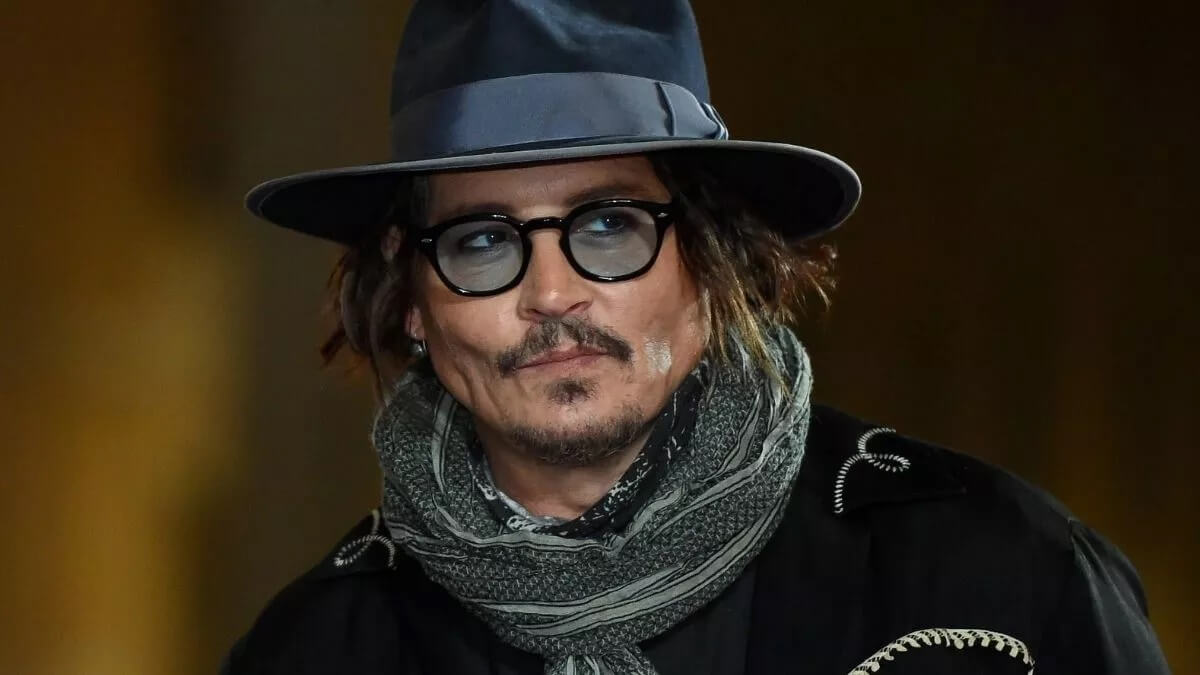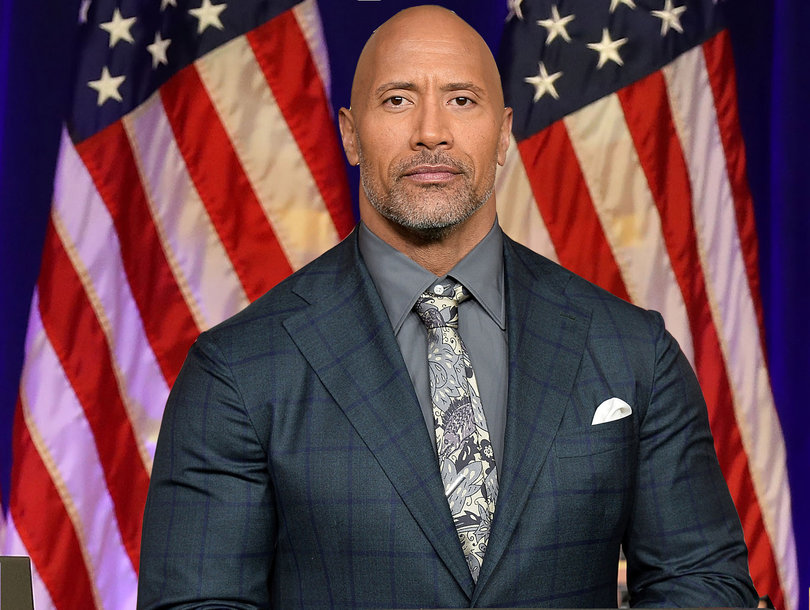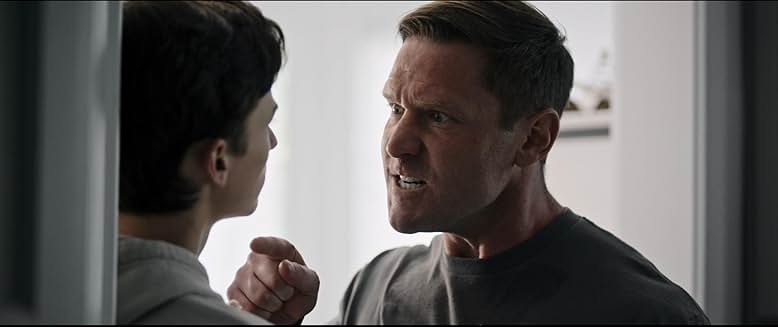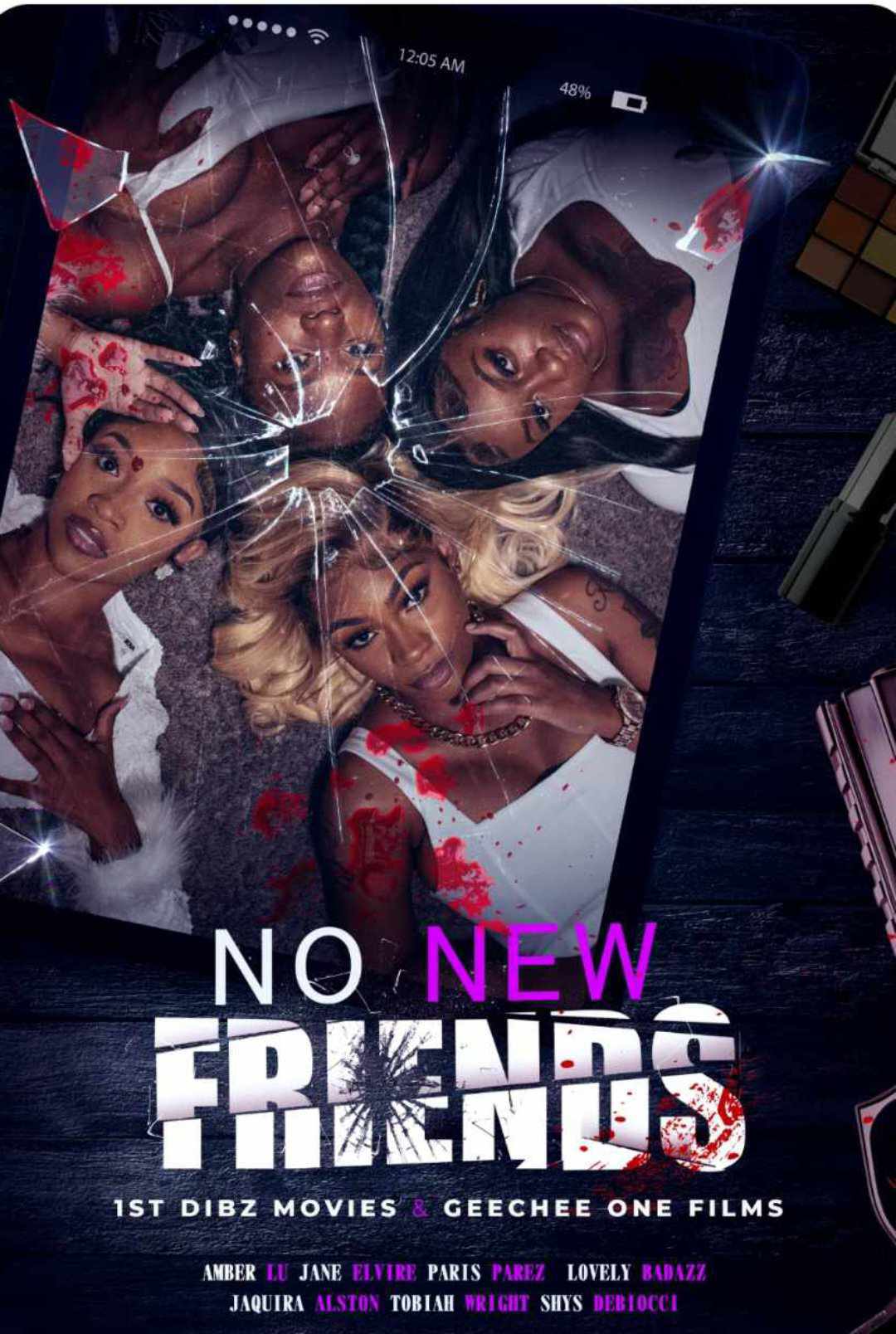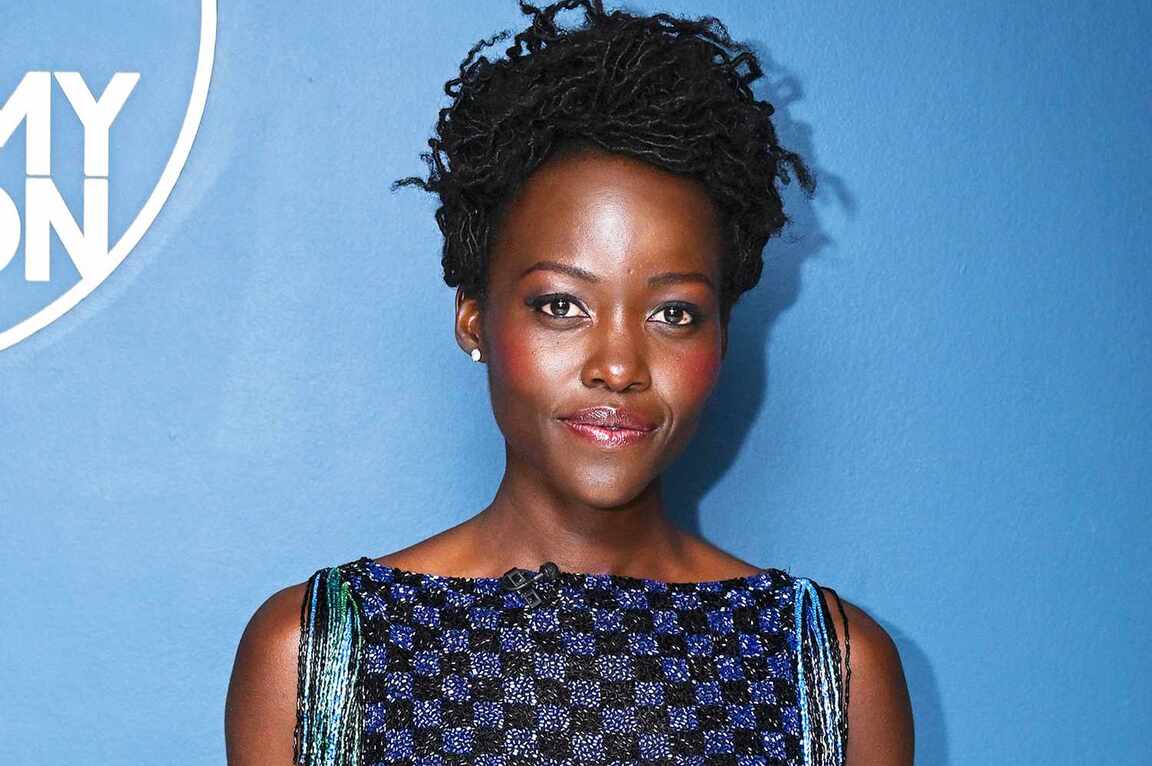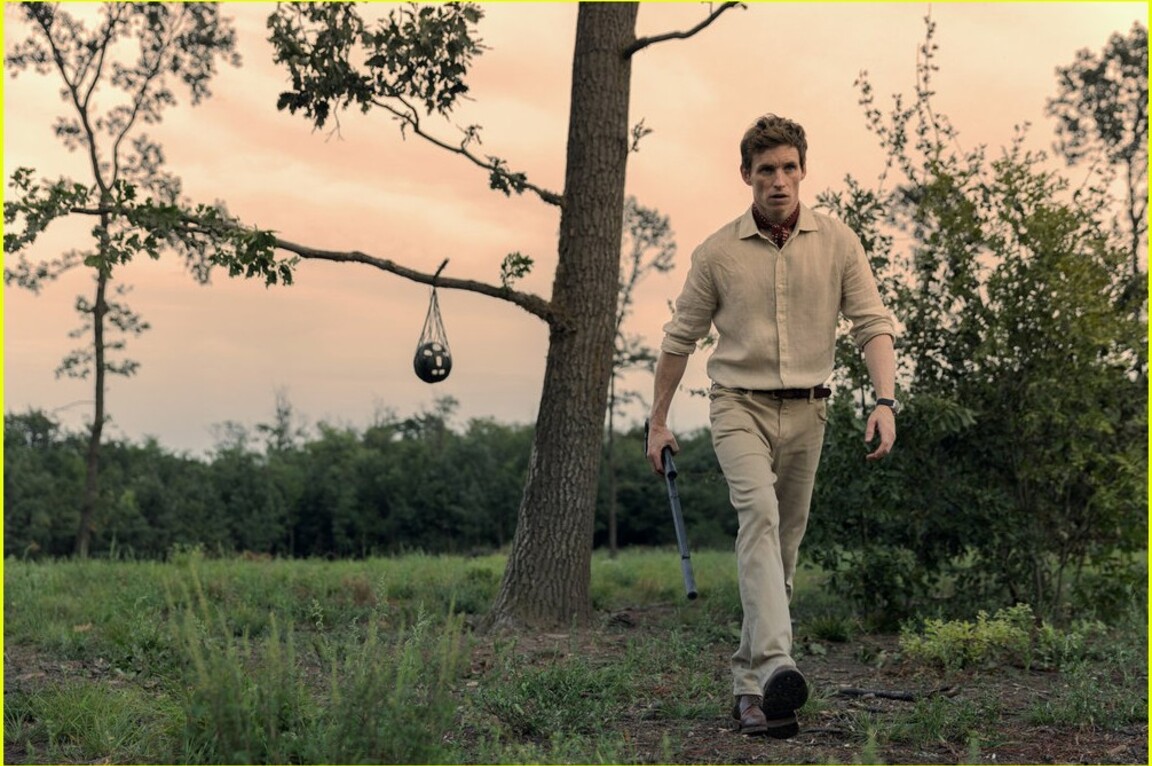Gospel Star Joseph Habedank Breaks Open His Battle With Addiction

The Grammy-nominated star, Joseph Habedank shares his gratitude for the support and love from the fans and film fraternity. He also opened up about his struggle with addiction and how he overcame battling it.
“It’s really a special record for me personally, and I’m so glad that people have latched onto it… the industry and my peers and of course, the Recording Academy and so, I’m just so humbled by it and very grateful and just thankful because I know where I could be,” he told Fox News on Monday.

“I can be either in prison or in rehab or dead. So I think this whole gift of sobriety brings so many other gifts with it if you can stay sober one day at a time. So I think that’s pretty amazing.”
“I started taking it for legitimate reasons, and I just loved the way it made me feel,” the “Resurrection” singer said in our extended conversation. “I mean, it took away every problem that I had in my life, and I never forgot that feeling. And I kept taking (the pills) here and there, not really experimenting, but recreationally using, and then I got hooked on them. And opiates are not something you can recreationally use. They’re very addictive.”
“They gave me several chances, the group did. They came to me numerous times and said ‘Hey, we know you’re struggling with this. What can we do to help?’” he said. “They even pulled me off the road for a couple of weeks before I got married and I did well for a few months.”
“I think ultimately I had to lose my identity, and my identity was wrapped up in who I was as an artist. And when that was taken away, that was my bottom,” he admitted. “I think each person has a different rock bottom. And my rock bottom was when my identity as a musician was taken away from me. And I had to face the reality that, hey, you’re no longer a full-time gospel artist. You are now just a drug addict – straight up. So that’s when I knew it’s time to get some help.”
“Lindsay and I had been married at that time, about three years. We’ve been married for 10 years now, and she first found out when I lost my job – she was in the room when [The Perrys] asked me to resign,” he said. “And they left the house and she left not too many minutes after, but she was only gone for about five minutes because she was afraid I was going to overdose. So she turned around and came back and she never left again. Stayed with me through the whole recovery process, helped me get into rehab.”
“There’s a place just outside of Nashville where we live called Cumberland Heights, I think it’s one of the top five treatment facilities in America,” Habedank continued, adding that at that point, he and Lindsay didn’t have health insurance and didn’t have the money to pay for his drug treatment – an expense that would have cost them over $20,000.
“We heard about the Grammys and MusiCares offered to pay for that,” he said. “So to be up for this Grammy, it’s kind of a full-circle moment that they, the Grammys ultimately helped me get sober.”
“She travels on the road with me, tours with me and we just have a blast,” he said. “We really love what we get to do together and we get to share our story from both sides. … We’re just really living in a season of gratitude and thankfulness.”
“I think the most important thing is to talk about it, open the conversation,” he said. “If you think you have a problem, talk to somebody, or if you know you have a problem for sure, open up to somebody that you know you can trust that you know won’t judge you, and you’ll be surprised at how many people will be like, ‘Man, thank you for telling me that. Let’s go get you some help.’
“I think the big thing is that we don’t want to set aside our lives because when you get help, everything goes on the backburner. Everything. Your job, your marriage, your family, everything’s gotta go on the backburner. Your sobriety has to be No. 1 in order for you to make it.”
“On the artist side of things, I think I’m learning to be more content and grateful rather than always chasing the next big thing. Just kind of live in the moment and be grateful for the opportunities,” he said. “And personally, for a lot of years I had a lot of anger and I was never an abusive guy, but I would always – kind of, lash out – maybe lose my temper and say things that I didn’t mean. And I’ve noticed just in the last year, that I’ve started treating my wife better and even in those weak moments I’ve learned, how to be more kind and compassionate and understanding.”
“Any opportunity that I ever get to share my story, I’m more than happy to do that,” he said. “And it’s always my honor and privilege to get to share what God’s done in my life and what recovery has done for me.”



